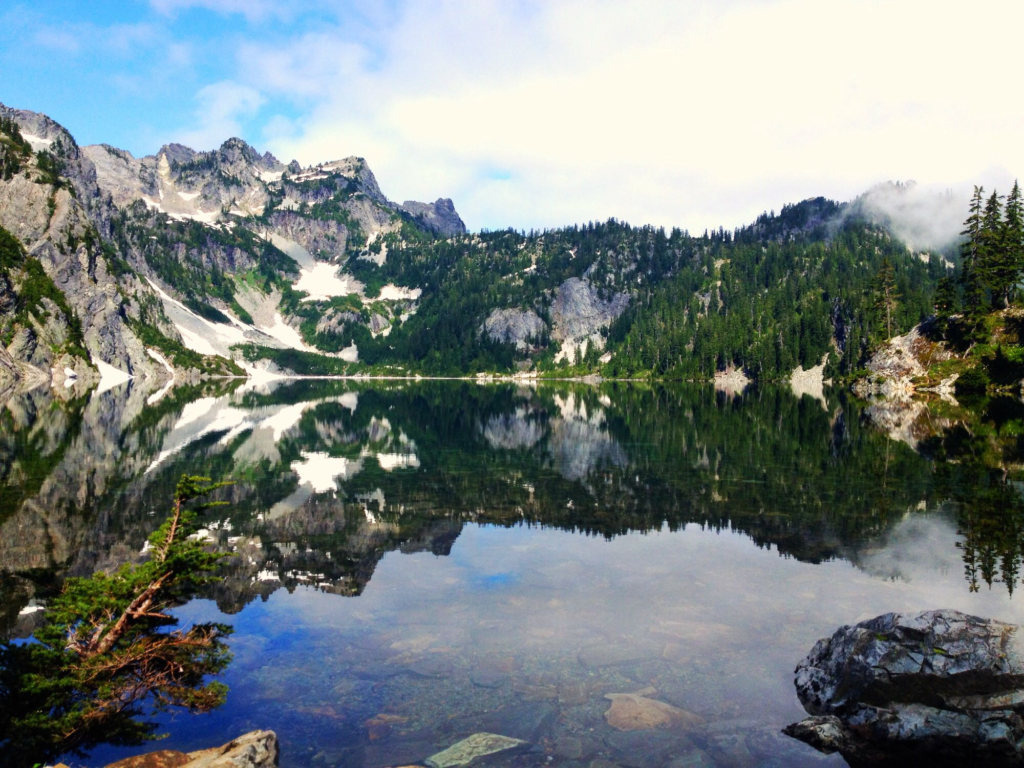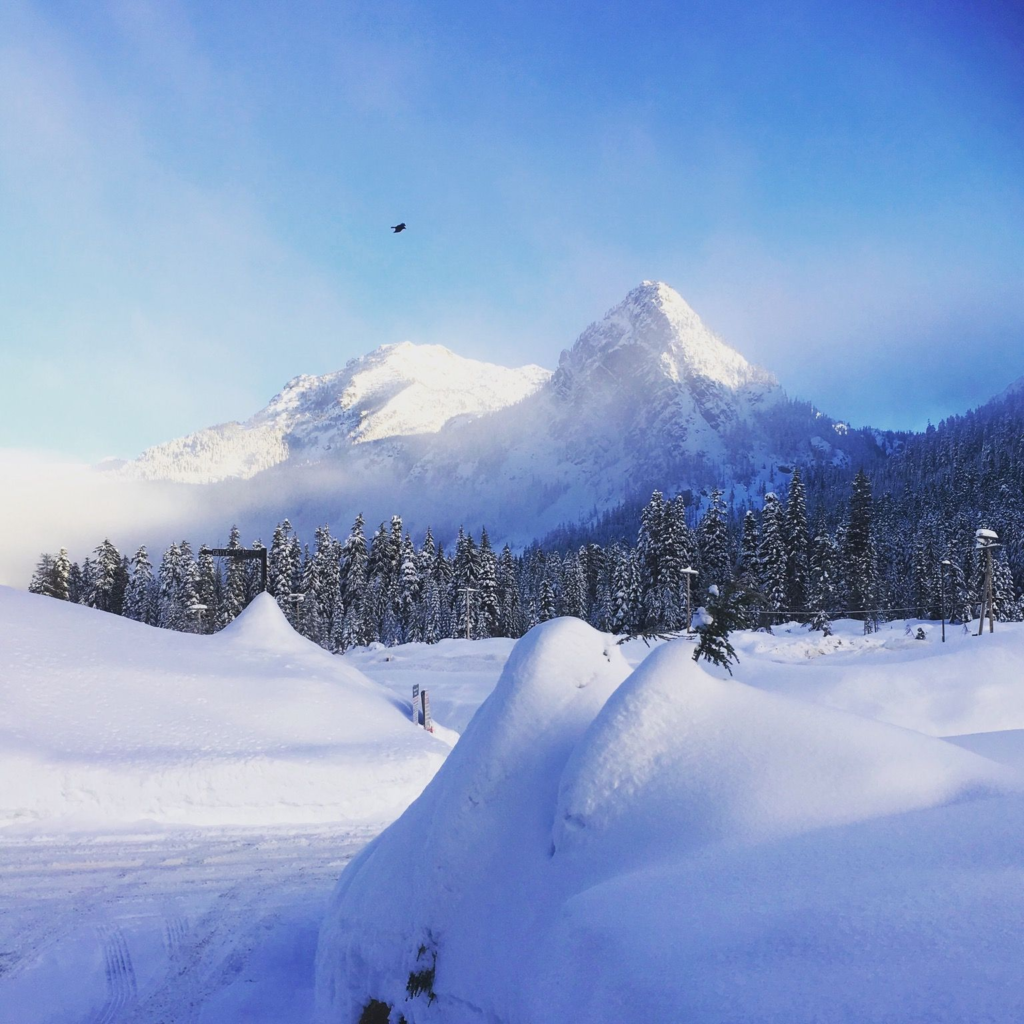Snoqualmie Pass Weather: Your Complete Guide to Navigating the Cascades
Snoqualmie Pass, nestled in the majestic Cascade Mountains of Washington state, is a renowned destination for outdoor enthusiasts, skiers, hikers, and nature lovers. Whether you’re a local resident or planning an adventure to this scenic mountain pass, understanding Snoqualmie Pass weather is essential for ensuring a safe and enjoyable experience in this stunning alpine region. In this article, we’ll delve into the intricacies of Snoqualmie Pass weather, providing you with valuable insights to help you navigate its dynamic mountain climate effectively.
Snoqualmie Pass’s Alpine Climate Overview
To fully appreciate Snoqualmie Pass weather, it’s important to grasp the pass’s alpine climate. Snoqualmie Pass is situated in the Cascade Range, a region known for its diverse weather patterns and rugged terrain. The pass experiences a blend of temperate maritime and continental climates, resulting in distinctive seasonal variations and occasionally challenging conditions.
Seasonal Changes in Snoqualmie Pass Weather
Snoqualmie Pass Weather in Spring
Spring, from March to May, marks the transition from winter’s chill to the warmth of summer. As temperatures gradually rise, Snoqualmie Pass undergoes a remarkable transformation. Snow begins to melt, revealing the lush alpine meadows and hiking trails. Spring is a fantastic time for backcountry skiing, snowshoeing, and witnessing the area’s vibrant wildflowers.

Snoqualmie Pass Weather in Summer
Summer in Snoqualmie Pass, extending from June to August, brings milder temperatures and extended daylight hours. It’s the peak season for hiking, camping, and exploring the pass’s numerous trails. The Alpine Lakes Wilderness area becomes a haven for backpackers and outdoor enthusiasts seeking scenic vistas and pristine alpine lakes.
Snoqualmie Pass Weather in Fall
Fall, from September to November, transforms Snoqualmie Pass with vibrant foliage. The crisp mountain air and comfortable temperatures make it a favorite season for many visitors. Fall is perfect for enjoying the scenic beauty of the pass, with opportunities for hiking, leaf-peeping, and wildlife spotting.
Snoqualmie Pass Weather in Winter
Winter in Snoqualmie Pass, from December to February, ushers in colder temperatures and significant snowfall. This is the season that draws avid skiers and snowboarders to the pass’s ski resorts. Snowshoeing and cross-country skiing are also popular activities during the snowy months.
Average Snoqualmie Pass Weather Conditions
Snoqualmie Pass Temperatures
Snoqualmie Pass experiences a wide range of temperatures throughout the year. Average high temperatures range from 31°F (-1°C) in January to 71°F (22°C) in July. Low temperatures vary from 18°F (-8°C) in January to 48°F (9°C) in July, highlighting the distinctiveness of each season.
Snoqualmie Pass Precipitation
Precipitation patterns in Snoqualmie Pass are influenced by its mountainous location. The pass receives significant snowfall in the winter, with occasional heavy snowstorms. Summers tend to be drier, making it the ideal season for outdoor activities.
Snoqualmie Pass Humidity
Humidity levels in Snoqualmie Pass vary seasonally. Summers are drier, with lower humidity levels, while winter months can be more humid due to snowfall.

Planning Your Activities According to Snoqualmie Pass Weather
Understanding the nuances of Snoqualmie Pass weather is crucial for planning your mountain adventures. Whether you’re interested in skiing, hiking, wildlife viewing, or simply enjoying the mountain scenery, Snoqualmie Pass offers a range of experiences in every season.
Snoqualmie Pass weather plays a significant role in shaping the pass’s character and the experiences it offers. Armed with this knowledge, you can make informed decisions when planning your visit or daily activities in this captivating alpine region of the Cascade Mountains. So, whether you’re embracing the warmth of summer, the colors of fall, the coziness of winter, or the renewal of spring, Snoqualmie Pass welcomes you with open arms and a mountain climate that invites year-round exploration and outdoor recreation.


